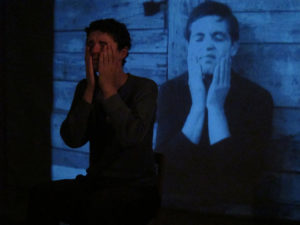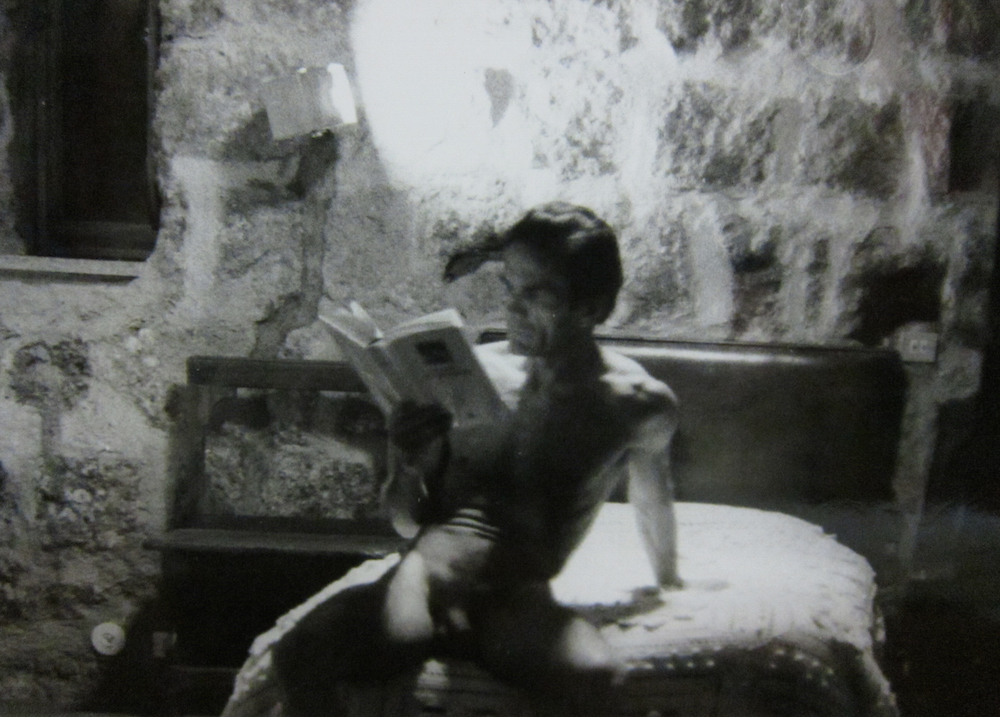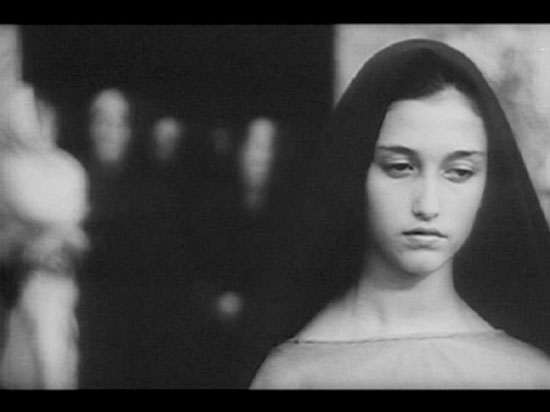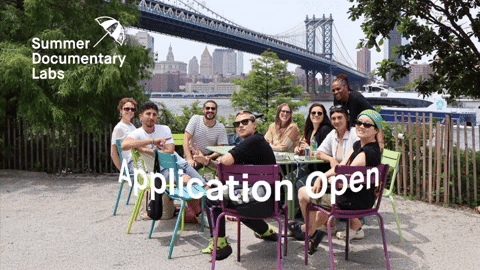On the heels of the complete Pasolini retrospective at MoMA (12/13/12-1/5/13), filmmaker Cathy Lee Crane and Louis-Georges Schwartz, a scholar who works at Ohio University’s School of Film, endeavor to digest (in the implacable Swiftian sense) Pasolini’s political aesthetics, or, as he himself described it, “the language of reality”. Engaging directly with the archival material surrounding Pasolini’s murder in 1975 two films by Crane and Alfredo Jaar investigate Pasolini’s prescient and foundational critique of consumer capitalism. In an effort to entice “the angel of history” to look over its shoulder towards the future, this closed discussion takes on many current issues at the intersection of politics, poetics and cultural critique.

- This event has passed.
Jan 13, 2013 at 7:30 pm
Pasolini’s Language of Reality: Digesting a Polemical Life
With Cathy Lee Crane, Louis-Georges Schwartz and Homay King.
Program
The Ashes of Pasolini, Alfredo Jaar,
38 min., 2009
The artist Alfred Jaar produced this film for the exhibition “The Fear Society”. It is mostly based on documentary material discovered after 1975, the year of his death, and before. As you know, it is still unclear who killed him. But for me, it has always been clear why: it was because of fear. Fear of his voice, fear of his life style, fear of his ideas, fear of his opinions, fear of his intellect.
Louis-Georges Schwartz on “Pasolini and the Written Language of Reality”
An introduction to Pasolini’s cinematic and theoretical critique of social reproduction in neo-capitalist Italy between 1964 and 1975 with constant reference to Pasolini’s Last Words and the present.
Homay King on Free Indirect Cinema
A brief discussion of Pasolini’s 1965 essay “The Cinema of Poetry” and Gilles Deleuze’s commentaries on it in Cinema 1 and Cinema 2, with a focus on the “free indirect” mode and the ways that Jaar’s and Crane’s films engage with and extend this narratological form.
Pasolini’s Last Words by Cathy Lee Crane
60 min., 2012
Known as one of Italy’s most important filmmakers, Pier Paolo Pasolini was first and foremost, one of its poets. Combining staged and archival material, this elegiac essay considers Pasolini’s brutal murder in 1975 alongside the texts he published or left unfinished during his last year. All dialogues by Pier Paolo Pasolini.
Cathy Lee Crane has been making hybrid narrative/documentary films on 16mm since 1994. She has received support from the New York Foundation for the Arts, the New York Council on the Arts, and the San Francisco Film Commission for her lyrical re-combinations of archival and staged material. Her award-winning short films have been broadcast on European television and are distributed by Canyon Cinema and Lightcone. In addition to her own film work, she has worked as a cinematographer, most notably in her collaboration with Harun Farocki on I Thought I was Seeing Convicts (2000). Crane received the first North American survey of her work at LA Filmforum in March 2011 while an Artist-in-Residence at the Film Directing Program at the California Institute of the Arts. She is currently Associate Professor in the Department of Cinema, Photography, and Media Arts at Ithaca College.
Homay King is Associate Professor of History of Art at Bryn Mawr College. She is the author of Lost in Translation: Orientalism, Cinema, and the Enigmatic Signifier (Duke UP, 2010). Her essays on film, photography, and contemporary art have appeared in Afterall, Camera Obscura, Discourse, Film Quarterly, October, and other journals and edited collections. She is a member of the Camera Obscuraeditorial collective, and is currently working on a book about the virtual.
Louis-Georges Schwartz, Director of the MA Program in Film Studies at Ohio University, teaches contemporary cinema, film analysis, and film theory. His book, Mechanical Witness, A history of motion picture evidence in U.S. Courts was recently published by the Oxford University press. Mechanical Witness is the first cultural and legal history charting the changing role and theoretical implications of film and video use as courtroom evidence.
Alfredo Jaar is an artist, architect, and filmmaker who lives and works in New York. He was born in Santiago de Chile. His work has been shown extensively around the world. He has participated in the Biennales of Venice (1986,2007, 2009), São Paulo (1987, 1989, 2010) as well as Documenta (1987, 2002) in Kassel. Important individual exhibitions include The New Museum of Contemporary Art, New York, Whitechapel, London, and Museum of Contemporary Art, Chicago as well as the Museum of Contemporary Art, Rome and Moderna Museet, Stockholm.








